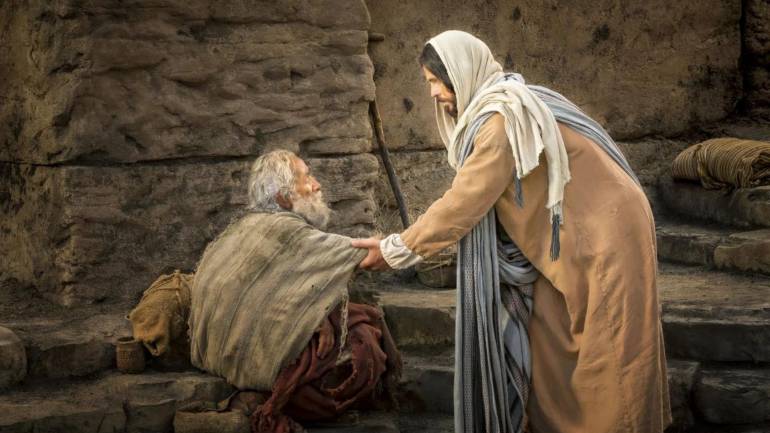The Paradox of Love: Suffering and Redemption in the Christian Life

There are two experiences that, though seemingly contradictory, are deeply rooted in love. The first is the profound experience of God’s presence and His work in one’s life—an experience both mysterious and certain. The second is suffering, which often arises from the loss of something we love.
A Christian who experiences the first gradually becomes willing to endure any loss to deepen their relationship with God. Jesus Christ exemplifies this willingness, for though He was rich, He became poor for our sake (2 Cor. 8:9), and though He was divine, He suffered death on the Cross (Philippians 2:6-8).
In our Christian journey, we admire those saints who followed Christ’s example of voluntary poverty. We think of the early followers of Christ who endured great suffering for love of Him, uniting their pain with His Passion. We venerate saints like Francis of Assisi, the son of a wealthy merchant, and Ignatius of Loyola, a nobleman, who chose poverty for the sake of Christ.
Even most priests, though not bound by a vow of poverty, must "deny themselves" through celibacy (Matt. 16:24), embracing a life of austerity that is essential to the Christian life.
However, not everyone suffers willingly. Some, like Job, suffer due to unforeseen events. Yet even this suffering can be transformed into a source of spiritual blessing, as seen in the lives of martyrs and mystics who endured great trials.
There is also another group—those who suffer as a direct consequence of their own sins. Society often views such suffering as deserved, saying, “What goes around, comes around.” But what does Christ say?
In Christian theology, suffering can be a means of correction, guiding a soul back to God. Christ invites even those who suffer justly to turn to Him, uniting their pain with His. He identifies with the prisoner, saying, “I was in prison, and you came to me” (Matt. 25:36).
Some might argue that while a martyr’s suffering is undeserved, a prisoner’s suffering is just. Yet the Gospel teaches that all have sinned, and sin inevitably leads to suffering. When Adam sinned, he brought death and suffering into the world.
When we sin, we bring suffering to ourselves and others. Our actions can poison creation, give rise to crime, and most tragically, cause Christ to suffer and die. As St. Alphonsus reflected, “It was not Pilate, no, it was my sins that condemned you to die” (The Way of the Cross).
We are all, in some way, prisoners of the consequences of our sins—whether through grave offenses or the mundanity of complacency. But this realization is key to our redemption. Christ did not die for sin in the abstract; He died for your sins, specifically. If you are suffering because of your sins, Christ chose to suffer because of your sins as well.
You are not just a variable in a grand equation; you are a person with a crucial role in salvation history.
How should we respond to this reality? We must recognize Christ as a compassionate God, a fellow sufferer who chose to endure the consequences of our sins alongside us to save us.
We must accept our own spiritual poverty and our need for God’s help. God is with us, inviting us to share in His suffering on the Cross.
He invites us not to suffer alone but to join Him in His suffering, leading to true conversion and an authentic relationship with God. The fact that we deserve some of our pain does not diminish our ability to relate to Christ; rather, it clarifies it.
Daniel Tyler Chua is an author and associate of the Love Our Pope Movement. He is currently enrolled in a 6-year integrated program at the University of Asia and the Pacific and serves as president of Collegium Perulae Orientis, an intellectual society founded on Catholic principles.
Radio Veritas Asia (RVA), a media platform of the Catholic Church, aims to share Christ. RVA started in 1969 as a continental Catholic radio station to serve Asian countries in their respective local language, thus earning the tag “the Voice of Asian Christianity.” Responding to the emerging context, RVA embraced media platforms to connect with the global Asian audience via its 21 language websites and various social media platforms.














